The NanoCorr, Energy & Modelling (NCEM) Research Group, led by Professor Zulfiqar Khan at Bournemouth University, has made pioneering developments in the field of thermal energy storage, an area critical to the future of renewable energy. Their groundbreaking work in enhancing the performance of latent heat storage systems using phase change materials (PCMs) has been featured on the International Atomic Energy Agency (IAEA) website—marking a prestigious global endorsement of their innovations in clean energy technologies.

A Leap Toward Sustainable Energy
As the world shifts from fossil fuels to renewable sources, the ability to capture and store energy efficiently is a central challenge. PCMs—materials that absorb and release heat during phase transitions (like melting and solidifying)—offer an ingenious solution. NCEM’s research focuses on improving these materials’ thermal conductivity, stability, and compatibility with various containers, making energy storage more efficient, stable, and commercially viable.
Their study reviews and categorises organic paraffins and inorganic salt hydrates, the most promising groups of PCMs, highlighting enhancements like encapsulation, multi-PCM integration, and advanced container geometries. These techniques significantly boost energy capture rates and storage capacity, making clean energy more practical for widespread use.
Real-World Impact and Innovation
Backed by five industry-funded and match-funded projects, NCEM’s efforts have not only led to commercial patents in the UK and USA, but have also influenced engineering solutions for solar heating, industrial heat recovery, and smart building technologies. These contributions align strongly with several United Nations Sustainable Development Goals (UNSDGs):
Goal 7: Affordable and Clean Energy
Goal 9: Industry, Innovation, and Infrastructure
Goal 12: Responsible Consumption and Production
Goal 17: Partnerships for the Goals
Global Recognition: Why the IAEA Feature Matters
The International Atomic Energy Agency (IAEA), an influential global body under the United Nations, works to promote the peaceful use of nuclear and clean energy technologies. Being featured on their platform is a significant milestone—it underscores the global relevance, technical merit, and strategic value of Professor Khan’s research. It also places Bournemouth University and NCEM at the heart of international discussions on sustainable energy systems.
This acknowledgment by the IAEA is a testament to the NCEM team’s commitment to tackling real-world problems with innovative science. It further demonstrates the potential of UK-led clean energy solutions to contribute to a low-carbon, energy-secure future for all.
A Bright Future for Clean Energy
The research led by Professor Zulfiqar Khan exemplifies how innovative materials science and engineering can drive change on a global scale. With continued support and collaboration between academia and industry, NCEM is set to play a pivotal role in accelerating the transition to clean, resilient energy systems worldwide.
Acknowledgements: Dr Zakir Khan (NCEM ex PGR/ Post Doc) and Professor A Ghafoor.
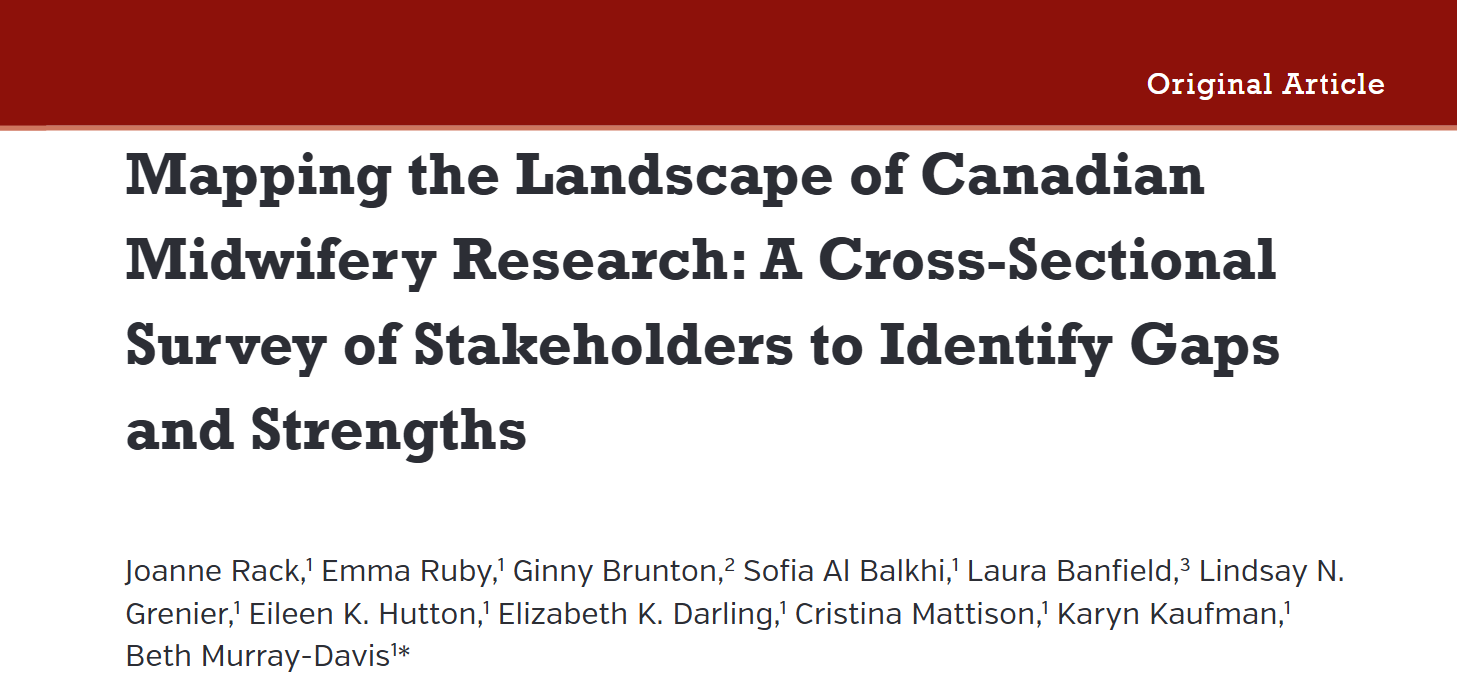 Congratulations to Joanne Rack, who is currently undertaking Bournemouth University’s four-year clinical doctorate, on the publication is week in the Canadian Journal of Midwifery Research and Practice. The latest paper “Mapping the Landscape of Canadian Midwifery Research” is Open Access and freely available online. The paper reports on a nation-wide study led by an inspiring team of midwifery researchers exploring the current landscape of midwifery research in Canada—identifying both its strengths and urgent gaps. With insights from over 200 stakeholders, this research calls for enhanced funding, mentorship, and research capacity to advance midwife-led, person-centered care.
Congratulations to Joanne Rack, who is currently undertaking Bournemouth University’s four-year clinical doctorate, on the publication is week in the Canadian Journal of Midwifery Research and Practice. The latest paper “Mapping the Landscape of Canadian Midwifery Research” is Open Access and freely available online. The paper reports on a nation-wide study led by an inspiring team of midwifery researchers exploring the current landscape of midwifery research in Canada—identifying both its strengths and urgent gaps. With insights from over 200 stakeholders, this research calls for enhanced funding, mentorship, and research capacity to advance midwife-led, person-centered care.




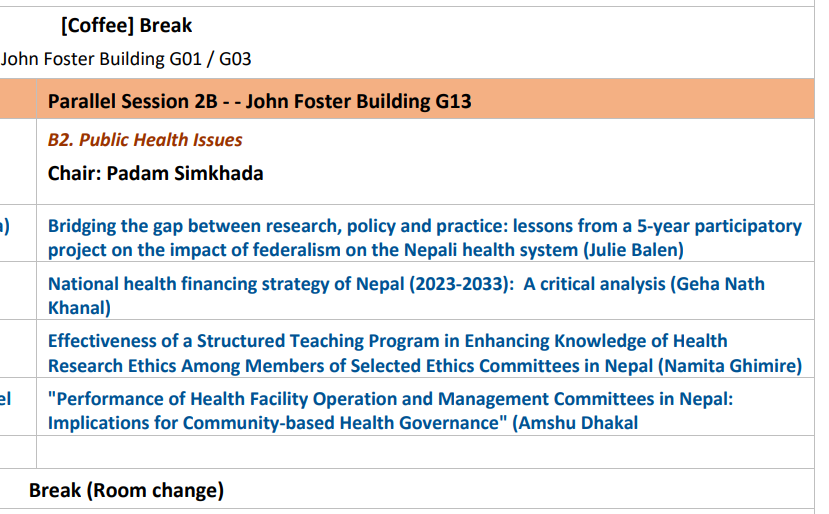



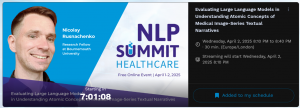

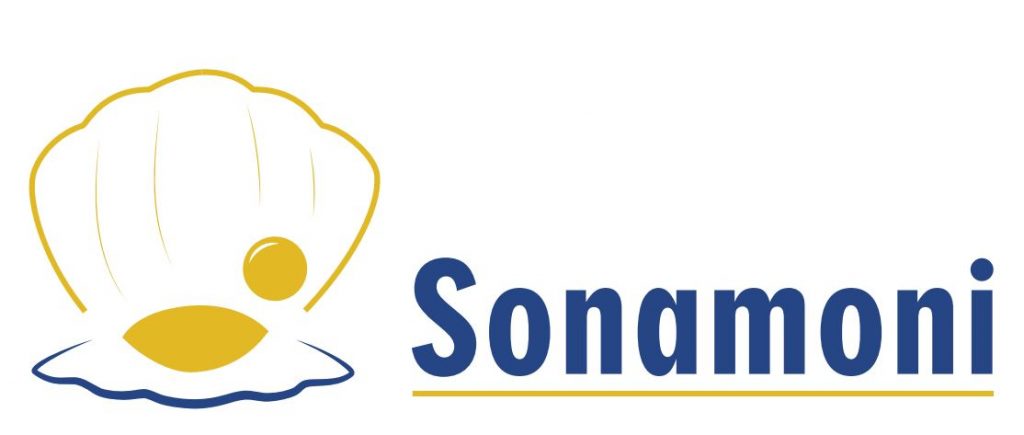
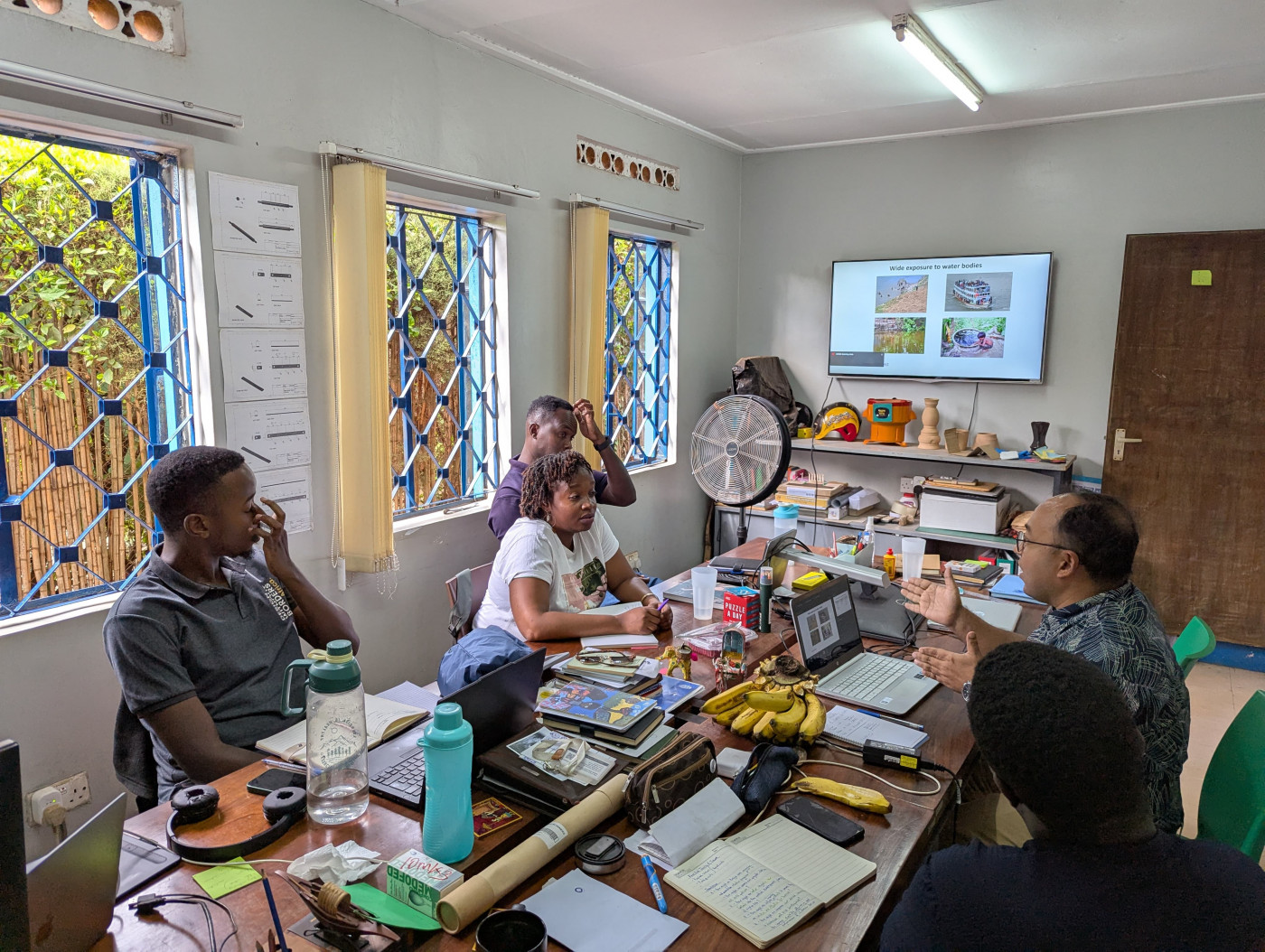

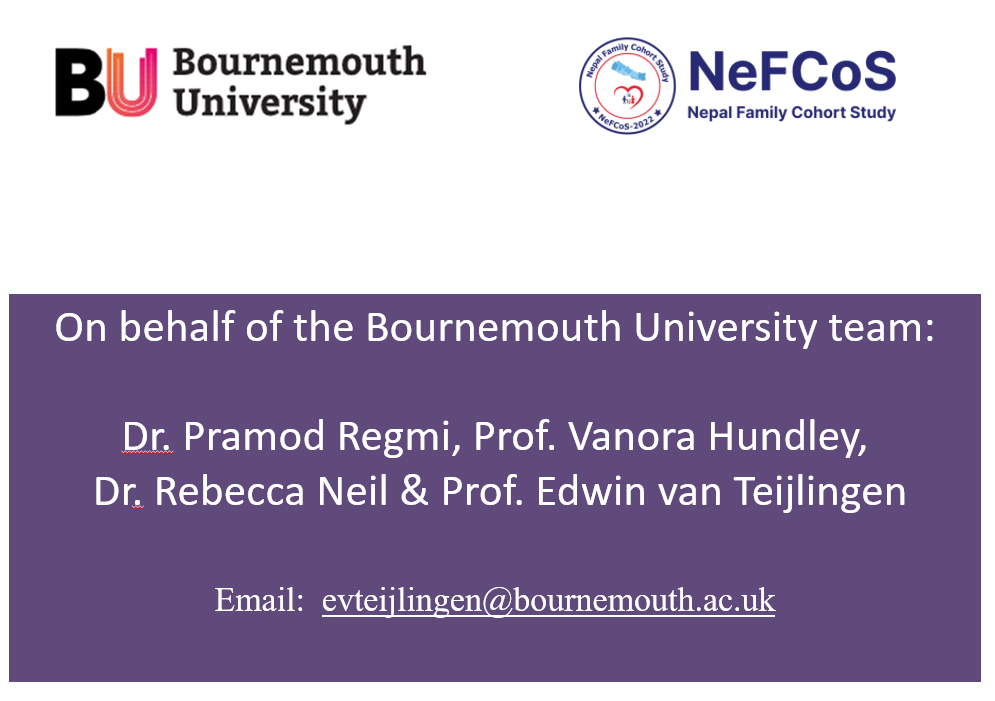
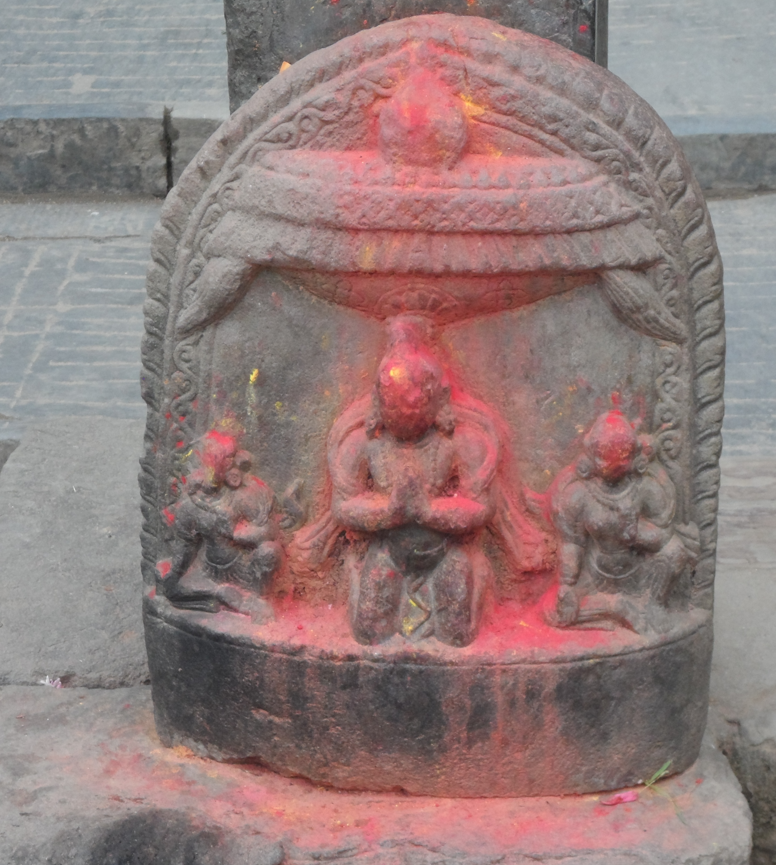
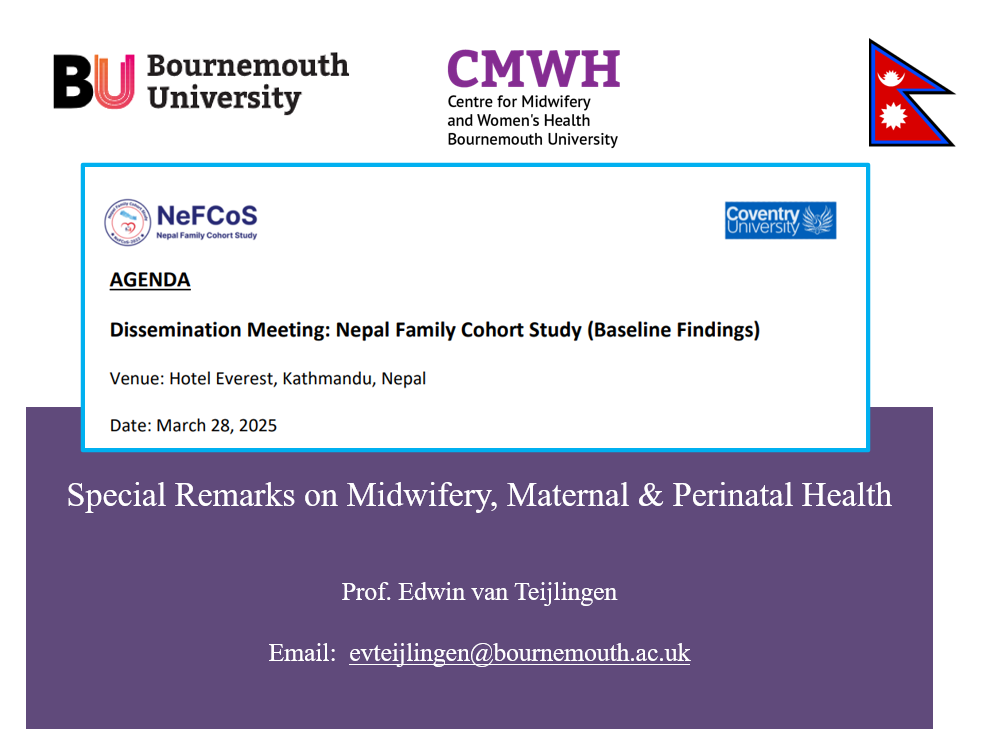


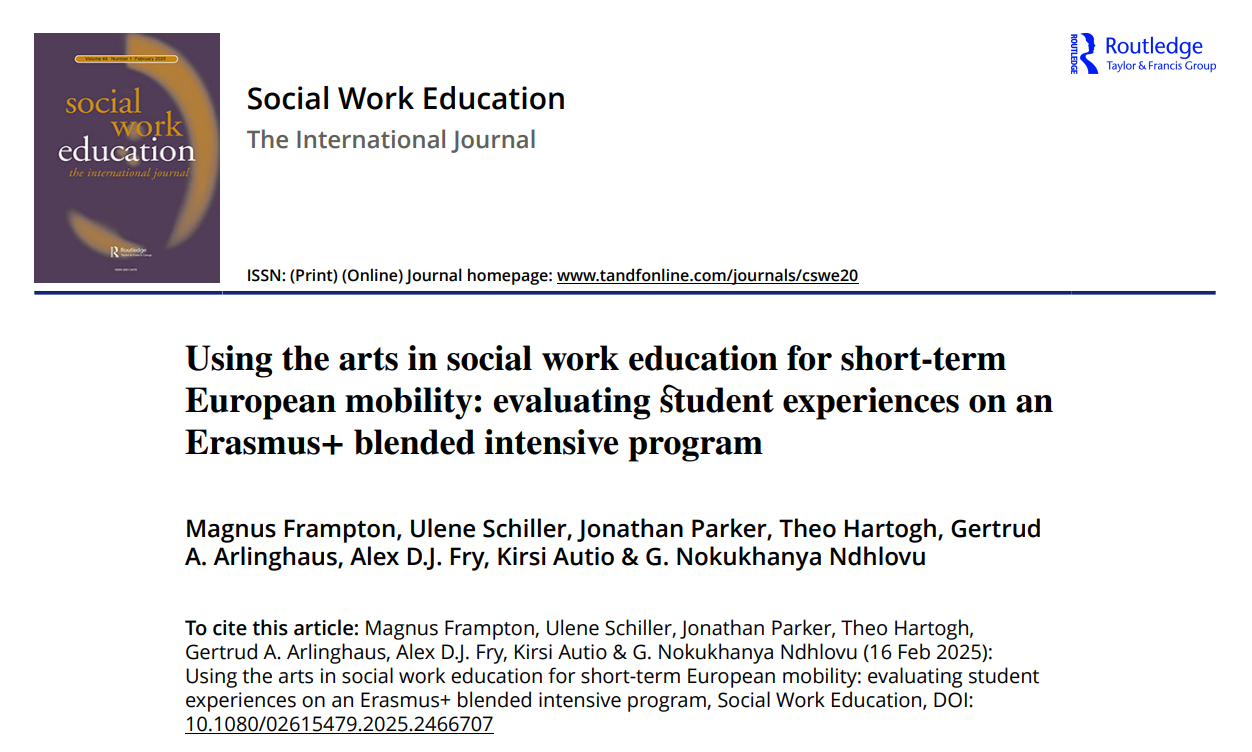
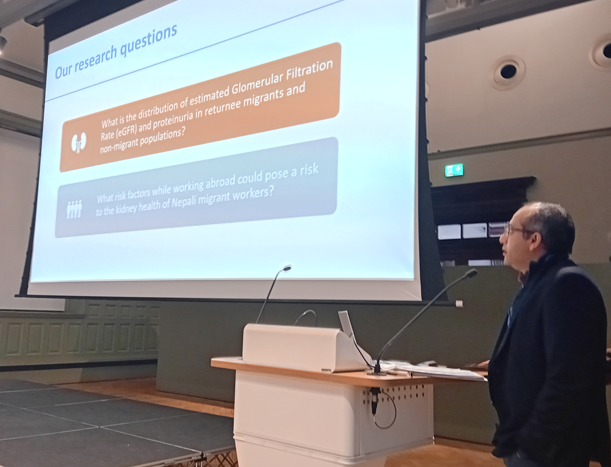
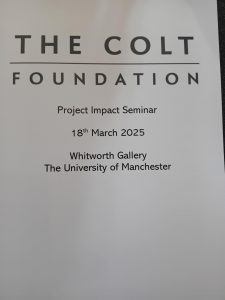
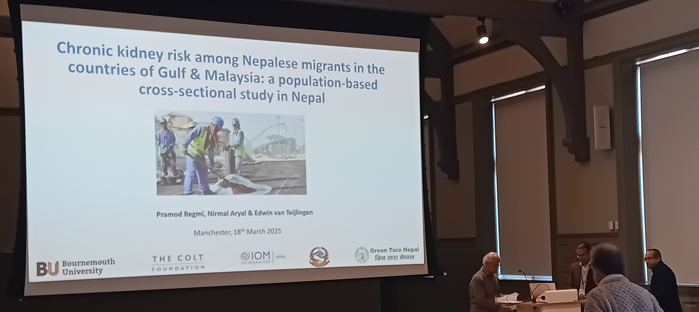


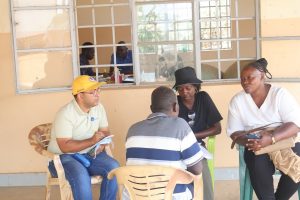
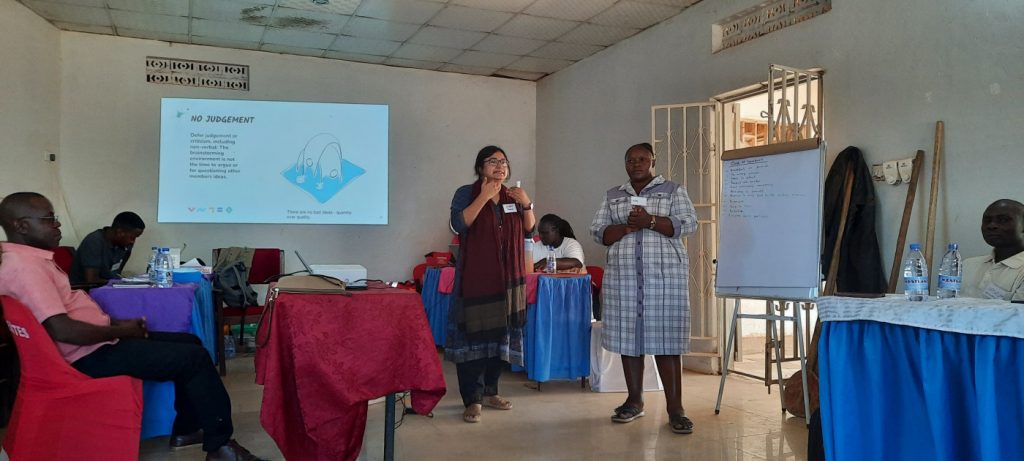


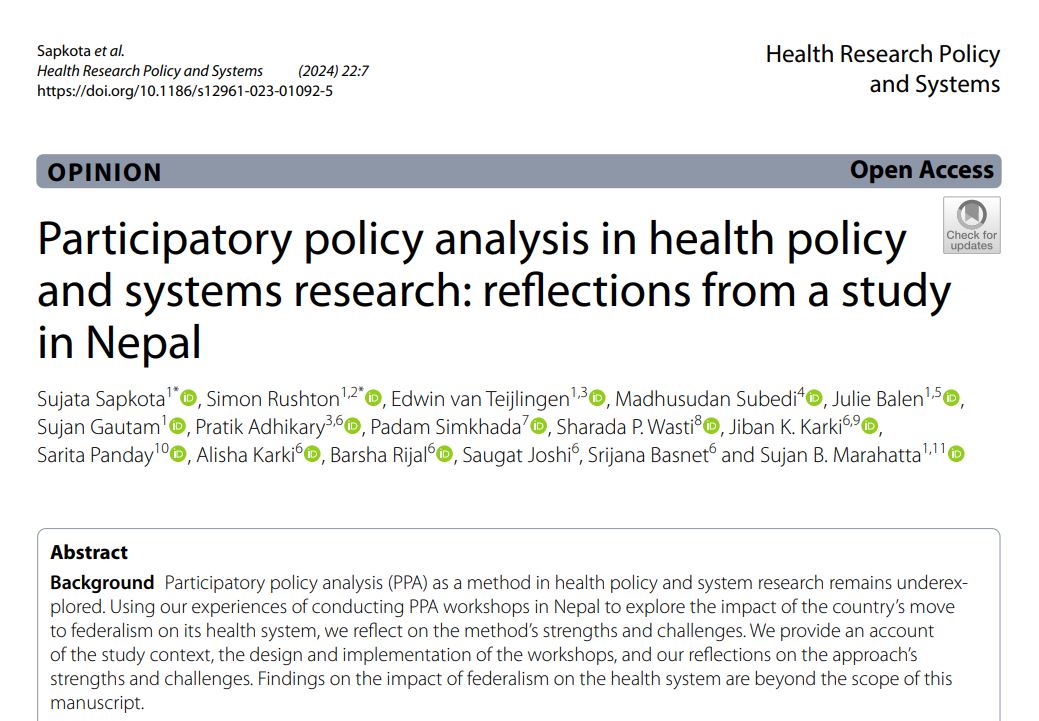
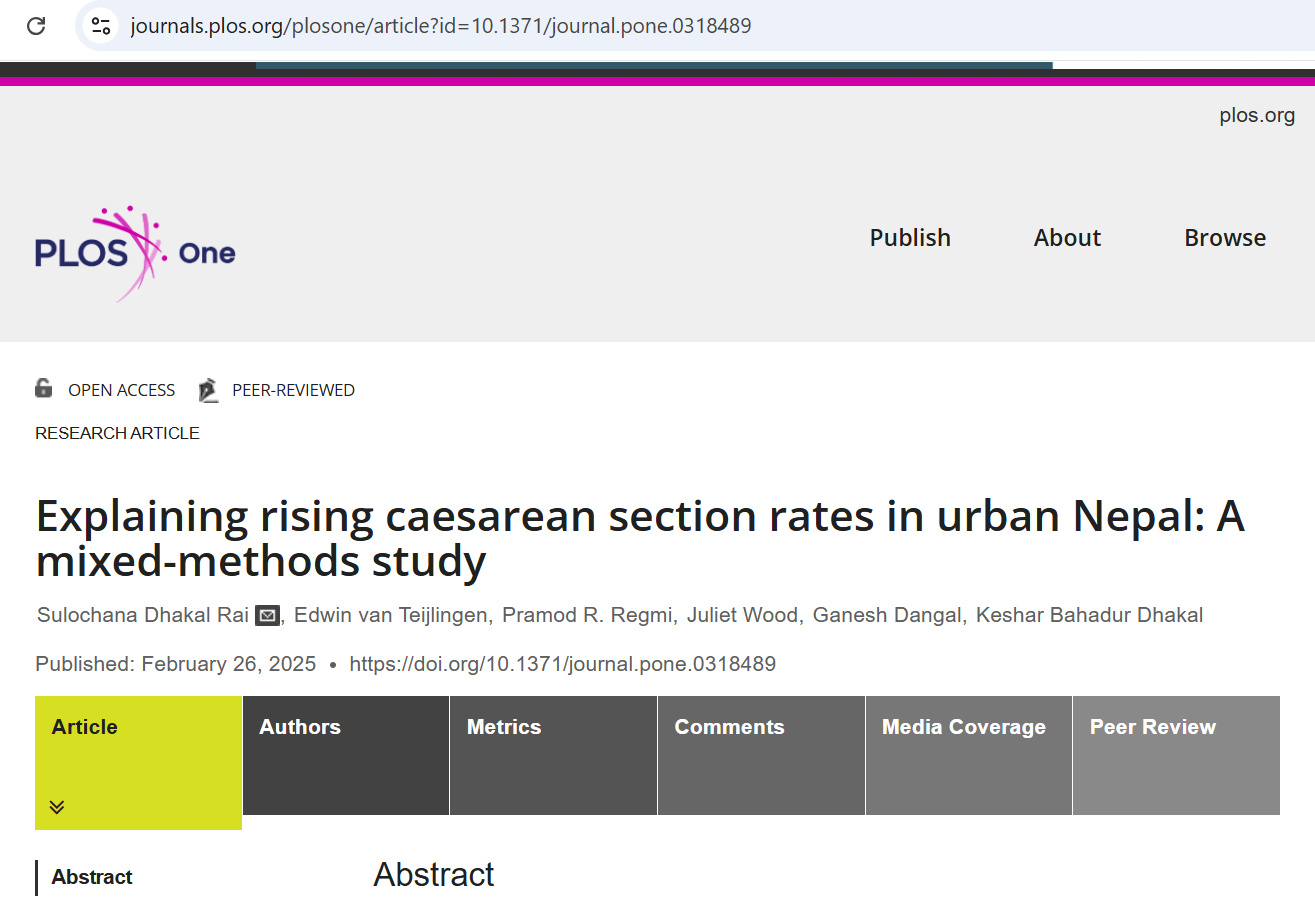
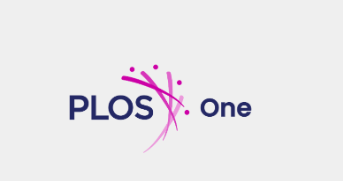












 Second NIHR MIHERC meeting in Bournemouth this week
Second NIHR MIHERC meeting in Bournemouth this week Dr. Ashraf cited on ‘Modest Fashion’ in The Guardian
Dr. Ashraf cited on ‘Modest Fashion’ in The Guardian NIHR-funded research launches website
NIHR-funded research launches website MSCA Postdoctoral Fellowships 2025 Call
MSCA Postdoctoral Fellowships 2025 Call ERC Advanced Grant 2025 Webinar
ERC Advanced Grant 2025 Webinar Horizon Europe Work Programme 2025 Published
Horizon Europe Work Programme 2025 Published Horizon Europe 2025 Work Programme pre-Published
Horizon Europe 2025 Work Programme pre-Published Update on UKRO services
Update on UKRO services European research project exploring use of ‘virtual twins’ to better manage metabolic associated fatty liver disease
European research project exploring use of ‘virtual twins’ to better manage metabolic associated fatty liver disease